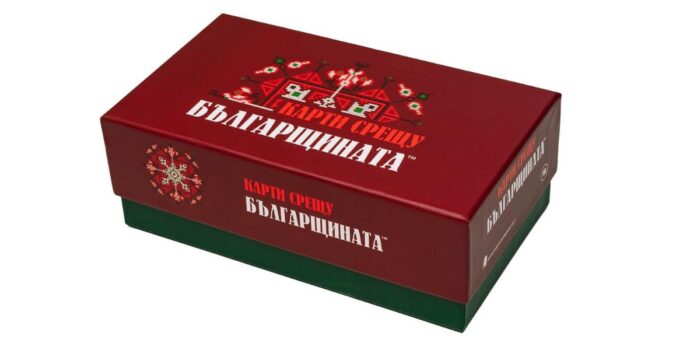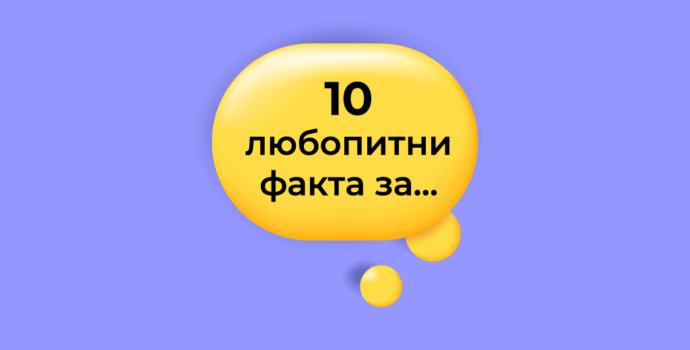Trademark infringements are widespread, such as: copying, imitation, parallel import of goodsThe dynamic development of relationships on the Internet and the digitalization of goods and services leads to the emergence of a new type of violation – the so-called. cybersquatting or typosquatting (the translation into Bulgarian could only bring confusion – “cyber speculation”).
What is cybersquatting?
In Its strategic plan until 2030The EU Intellectual Property Office (EUIPO) SP2030 is stepping up its efforts to tackle cybercrime, recognising it as such the use of a registered trademark or a name that has acquired distinctiveness within a domain that has nothing to do with the business of the trademark/name owner. A recent ruling by the Uniform Domain Name Dispute Resolution Policy (UDRP) Panel of the Czech Arbitration Court imposes an important decision in favor of EUIPO to revoke the domain name “euipp.com” because it is similar to euipo.com.
The case in question is a classic example of typosquatting, where unscrupulous individuals take advantage of common typos, in this case the letter “O” was replaced with the adjacent letter “P” on the QWERTY keyboard in the domain name. In most cases, this is done by scammers with the aim of blackmailing victims into purchasing the domain. The intention of the offenders is to mislead and mislead consumers. In this way, the offenders attempt to take advantage of the good reputation and authority of companies and brands. (in the aforementioned case – EUIPO), luring internet users to use services that may appear to be related to them.
In its decision, the expert panel of the Czech Arbitration Court acknowledged the long-standing reputation of the EUIPO and the widespread recognition of the “EUIPO” mark, which is a registered European Union trade mark (EUTM). This is the first case in which the Office has successfully relied on its registered EU trade mark in the resolution of a domain name dispute. The decision demonstrates how intellectual property rights provide tangible enforcement benefits in holding fraudsters accountable for misleading consumers.
The decision also highlights the strategic importance of linking IP rights, such as trademarks, with related rights, such as domain names, as a tool for growth and sustainable development.
Although the violation in question is not literally regulated at the national level, there are ways to protect yourself. The predicted results are that cases like the one analyzed in this article will become more frequent, so we recommend not only subsequent protection after the violation of intellectual property occurs, but also preventive protection - through monitoring and good practices in taking periodic care of your brand. And how best to protect your intellectual property - you can contactm the IPfabrika team.
Image: Canva





